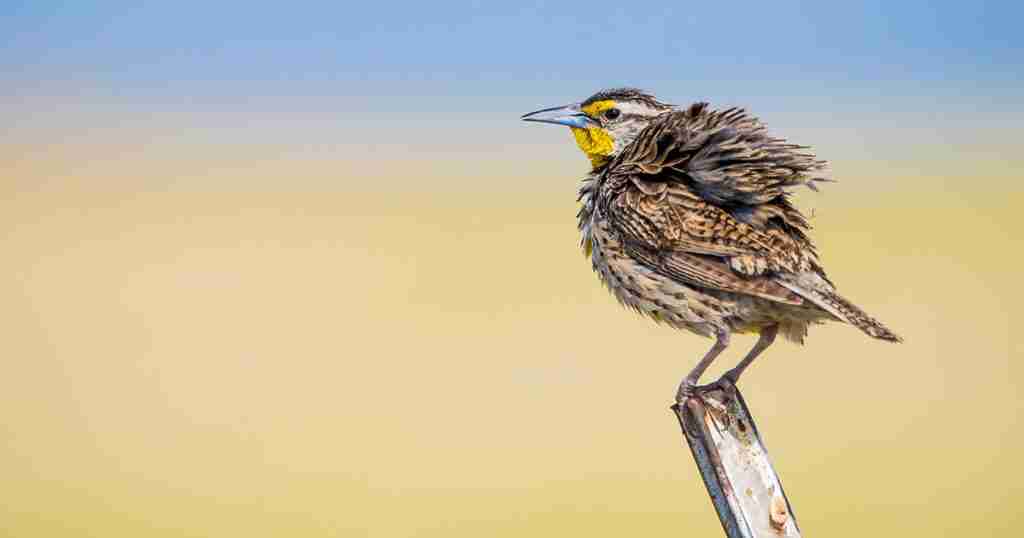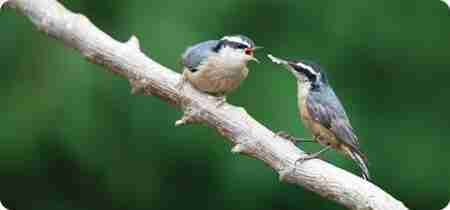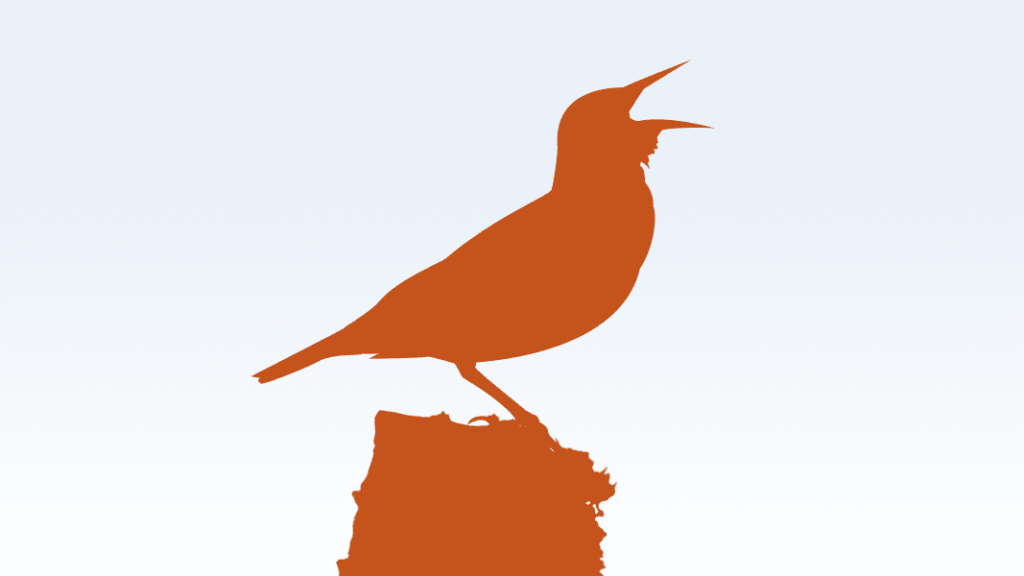[ad_1]
Whether you’re a seasoned birder or just starting out, don’t overlook grassland birds.
Their plumage may not be as showy, but that doesn’t mean you won’t get a show.
In black and white, the striking male Bobolink serves as the Master of Ceremonies. The Western Meadowlark’s melodious tune is always welcome entertainment. And the buzzing song of the secretive Grasshopper Sparrow adds hustle and bustle to the crowd.
The stage is built on a mosaic of diverse habitats, or grassland patchworks that make biodiversity below ground and lay the foundation for birds, pollinators, and other wildlife to flourish above.
It might not look like much from the seat of a speeding car or plane. But plant your feet firmly amongst standing grasses and blooming wildflowers, and we promise you’ll be singing a different tune!
Here are five birds to look for to begin your birding career in the wild and wonderful world of grasslands.
Meadowlark
There are two species – Eastern and Western Meadowlarks – but they look similar and have overlapping ranges. Sporting distinctive black marks on their chests resembling the letter V, look for meadowlarks perched on roadside fenceposts or singing from tall grasses.
Dickcissel
Dickcissels also feature telling Black V markings, but this indicator is higher than meadowlarks’ – more on the throat. You can also distinguish Dickcissels from meadowlarks because they are more sparrowlike in size – that is, they come in a more compact, almost stubby shape with a shorter tail.
Bobolink
The Bobolink is a migratory bird that breeds in grasslands and meadows. The male, with striking black and white plumage and a golden back – a look that’s amusingly and aptly described as the reverse tuxedo – is easier to spot. Bobolinks are known for their distinctive bubbling songs during the breeding season, a sound some birders compare to that made by the droid R2-D2 in Star Wars.
Grasshopper Sparrow
The Grasshopper Sparrow is a small, secretive bird that inhabits grasslands and prairies, a weak flier with a penchant for being hard to locate. Its song can be mistaken for a grasshopper’s buzz, and grasshoppers are also the bird’s main prey. Identifying sparrows is inherently tricky because there are many species, and they mostly share similar and broad characteristics of being small and brown. But to start, look for the bright yellow spot in front of the eye and the narrow, white-ish crown stripe.
Horned Lark
When walking a grassland along the edge of a harvested grain field, you might notice what appear to be clumps of dirt flittering around. Scan closer, and you’ll see birds with black masks and tiny black “horns” atop their heads – Horned Larks. A cool fact, the Horned Lark – this is another bird in the sparrow family – can raise and lower those hornlike feathers.



